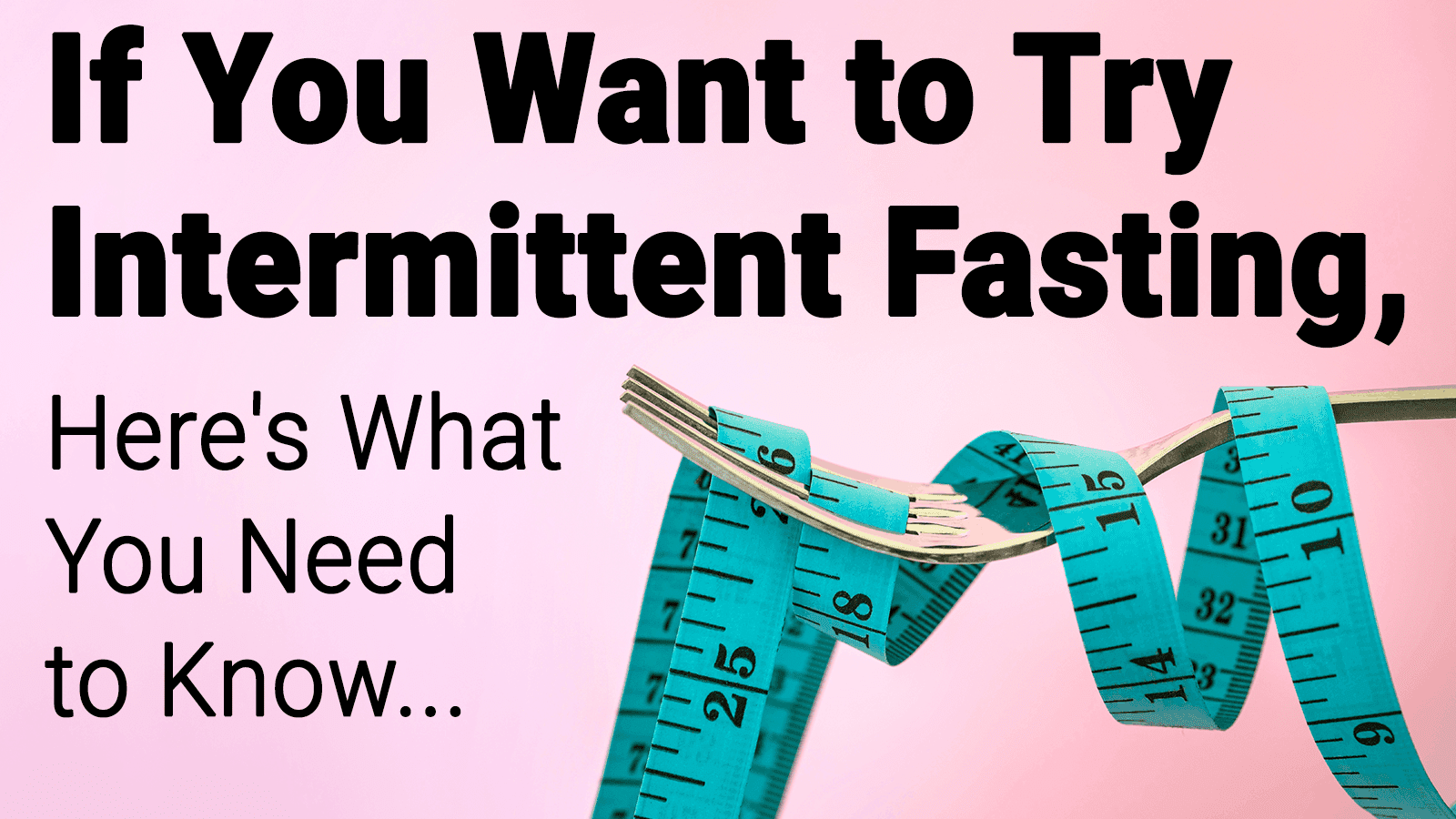There are times in life when conventional wisdom goes out the window. For many years now, dieticians have advised us to have six small meals a day and, of course, start off with a hearty breakfast. After all, Tony the Tiger, Toucan Sam, and the Trix rabbit can’t be all wrong, right? Many dieticians now feel they are wrong. Individuals are now embracing the ancient ritual of intermittent fasting. It’s ancient because it has been practiced throughout most of human history but secret because, until lately it has been practically forgotten.
Many people are now rediscovering this ancient practice and realizing it can carry huge benefits if done right. Some of these would include increased energy, weight loss, reversal of type 2 diabetes, and many other vital changes in your life. Top this off with saving time and money, and you have a winning combination.
What Is Intermittent Fasting?
Of course, there are a lot of naysayers when it’s time to try something new. For example, when you broach intermittent fasting, many believe this is simply starvation. The answer to that description of an intermittent diet is a resounding no. This is simply because intermittent fasting is based on the factor of control. Whereas starvation is simply the involuntary lack of food, this type of fasting is just where you refuse to eat food for a set period. Indeed, religious proponents have been fasting for centuries, even thousands of years. Moreover, those against fasting must realize that everyone does it. Any time you do not eat, you are fasting. Even the word “breakfast” has roots in this practice – it simply means to “break the fast” that occurred while you were sleeping.
As you can see from the information above, fasting is not some oddball approach to dieting. Instead, it is a time-tested, natural part of everyday life. The key is making this traditional diet work for you. Let’s look at more information and see if this diet is proper for your weight loss goals.
Here’s the ultimate intermittent fasting plan:
How Can Fasting Work For You?
Fasting can work simply because it will allow the body to burn off those extra pounds. When we eat, insulin rises, and sugars get planted in the liver. There is limited space in the liver, so this glucose is then exported to the other parts of the body in the form of fat. For intermittent fasting, weight loss occurs because this is more than simply dieting, it is a dieting pattern. By consuming your calories during a specific period of the day, you are giving your body time to “catch up,” so to speak.
We are bound to lose weight when we increase the time we burn food energy. Simply put, stop constantly eating! If you break your eating cycle into much smaller meals, you are constantly eating, your body will use the incoming food energy, and your body fat will never be burned. If you store it you will lack balance and will not have any fasting whatsoever.
Benefits
For intermittent fasting, weight loss is one of the most obvious benefits. However, there are other benefits to consider. These would include improved mental clarity, lowered insulin levels, a possible reversal of type 2 diabetes, an increase of energy, how are the use of growth hormones, potential prevention of Alzheimer’s disease, and reduction of inflammation issues. Women concerned about their menstrual cycle will be glad to know that this weight loss strategy will not disrupt that cycle in any way, shape, or form.
Advantages
The first thing you must look at is the advantages of this method over the traditional diet. Consider the following: diets are complicated; fasting is not. Diets are expensive; fasting is not. Diets take time; fasting takes very little time at all. Finally, dieting is hit-and-miss; fasting has been proven time and again to work effectively.
Methods
Now that I’ve sold you on this fantastic diet method, here are some ways to do it well.
20:4 Fast
For this fast, you would only have a four-hour eating window. This would be accompanied by the fact you do not eat anything for 20 hours per day. People preparing to have this fast usually only have one meal or two smaller meals during this brief period.
16:8 Fast
This is the same type of fast, except in this version, you have an 8-hour eating window. Both of these fasts will usually skip breakfast.
Other Intermittent Fasting Options
There are also longer fast, such as 24 hour fast, 36 hour fast and a fast where you eat normally for five days and then eat limited foods for 2 days.

Final Thoughts on Intermittent Fasting
These options are great simply because they are tried and tested. There is no special food to buy or a specific formula that needs to be followed.
The greatest thing about intermittent fasting plan is that they are much less restrictive than other eating plans. Moreover, this diet is easy. As long as you are disciplined, you will lose weight.


















